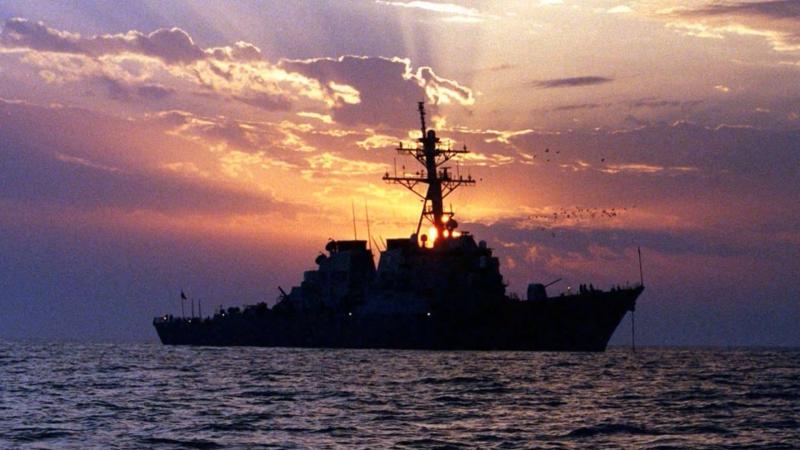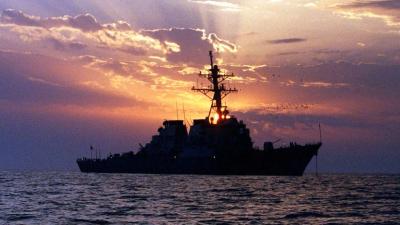Under the title "Multinational Security Initiative," the United States announced the formation of an international coalition to counter Houthi attacks in the Red Sea. U.S. Secretary of Defense Lloyd Austin stated that countries aiming to uphold the fundamental principle of freedom of navigation must unite to confront the challenge posed by this group. He revealed that the new coalition, dubbed "Operation Prosperity Guardian," includes 10 countries, among them Britain, France, Italy, and Bahrain.
Austin noted, "The participating countries include Britain, Bahrain, Canada, France, Italy, the Netherlands, Norway, Seychelles, and Spain," adding that they will conduct joint patrols in the southern Red Sea and the Gulf of Aden. He viewed this as an international challenge that requires collective action. However, Austin's statement left many questions unanswered, including whether these nations are prepared to act as U.S. warships have in recent days, intercepting missiles and drones launched by the Houthis and rushing to assist commercial vessels under attack.
The Houthis are relentless! It is noteworthy that, with the escalation of attacks on vessels in maritime corridors targeted by Houthi elements, the Pentagon announced that the United States has been working with allies and partners over the past weeks to address the threat by expanding Task Force 153 dedicated to Red Sea security, within the framework of Combined Maritime Forces. The ministry accused Iran of having a direct role in this specific level of Houthi aggression, as it armed, trained, financed, and equipped them. The Houthis had launched several attacks on commercial vessels in the Red Sea recently.
The Red Sea is considered one of the most critical shipping routes in the world for oil and liquefied natural gas shipments, as well as for consumer goods. Many shipping companies have halted all operations through the Red Sea following the recent attacks on vessels by the Houthis. Instead of using the Bab el-Mandeb Strait, ships will now have to take a longer route around South Africa, potentially adding about 10 days to the journey and costing millions of dollars. Experts estimate that around 30% of global container trade passes through the Suez Canal.
Oil and natural gas prices have surged sharply, with oil marking significant gains following the news. Brent crude, the major global benchmark, rose by 2.7% to $78.64 per barrel, while U.S. oil increased by 2.8% to $73.44 per barrel.
A clear threat to international security is noted by researcher Michael Knights at the Washington Institute for Near East Policy, who stated that during the Gaza conflict, the Houthis emerged as "the most risk-accepting member of the Iranian axis of resistance, especially as they pose a clear threat to international navigation." Former White House official Charles Dunn suggested that there may be "tactical coordination between Tehran and the Houthis, possibly some agreement on strategy, which are accusations that are not far-fetched."
Since the outbreak of the war in Gaza, the Houthis have pledged to support Palestinian resistance by all possible means, and indeed several medium-range missiles were launched, although they were intercepted before reaching their targets in Israel.




